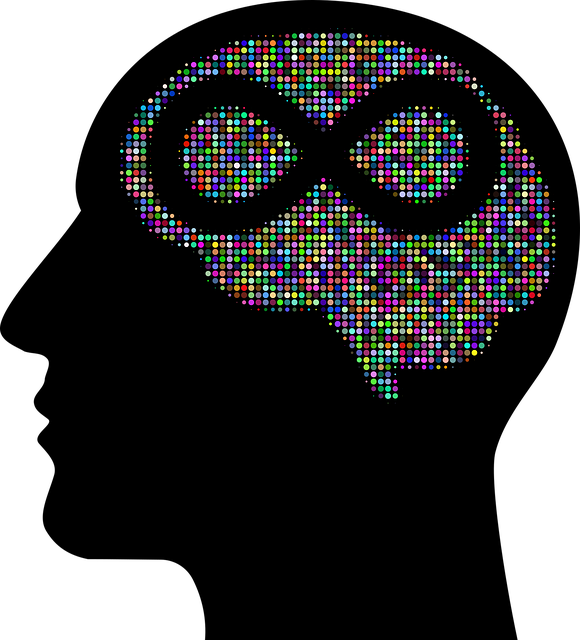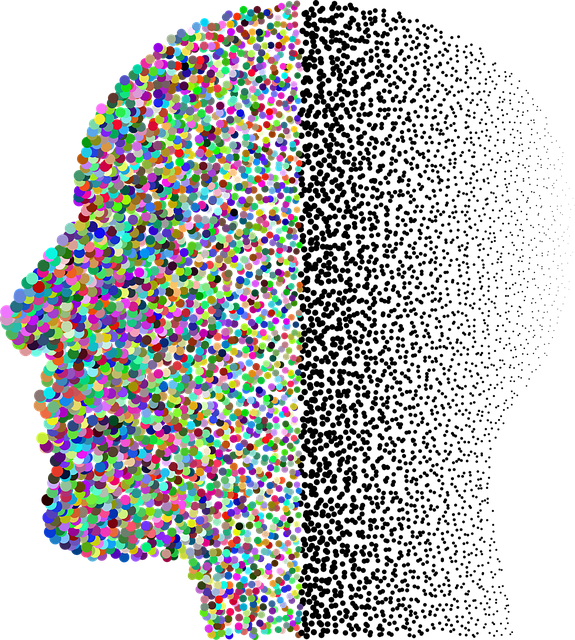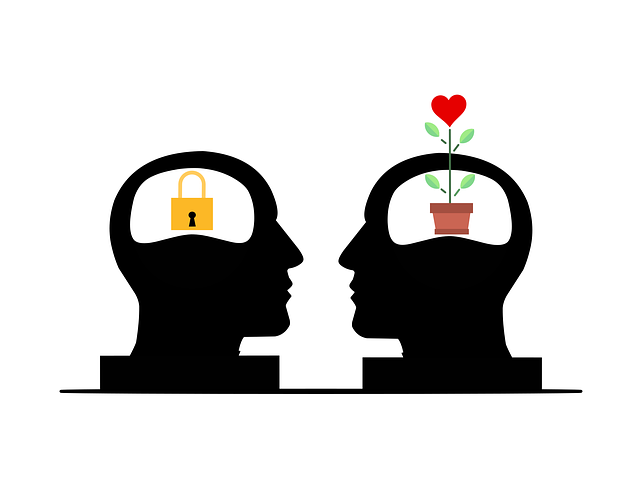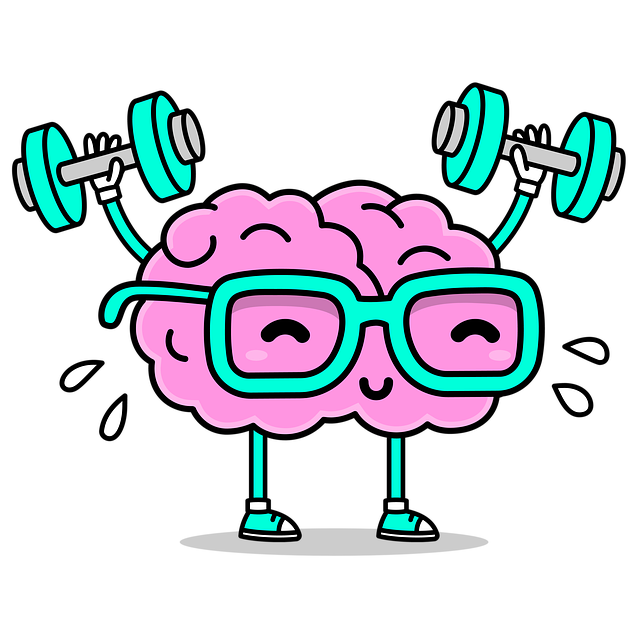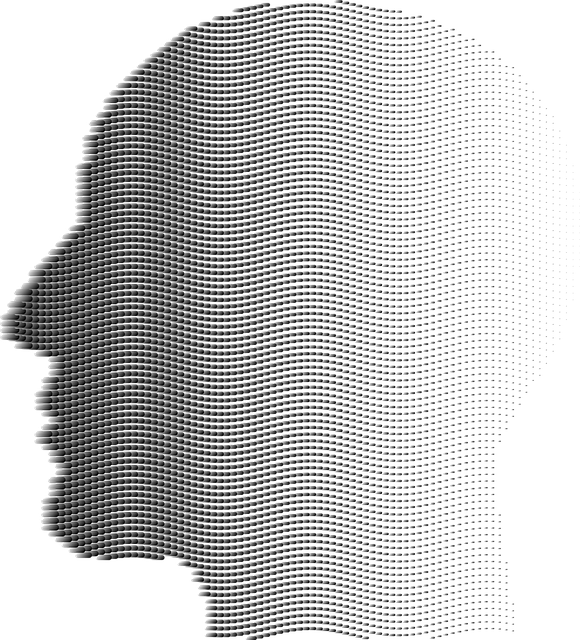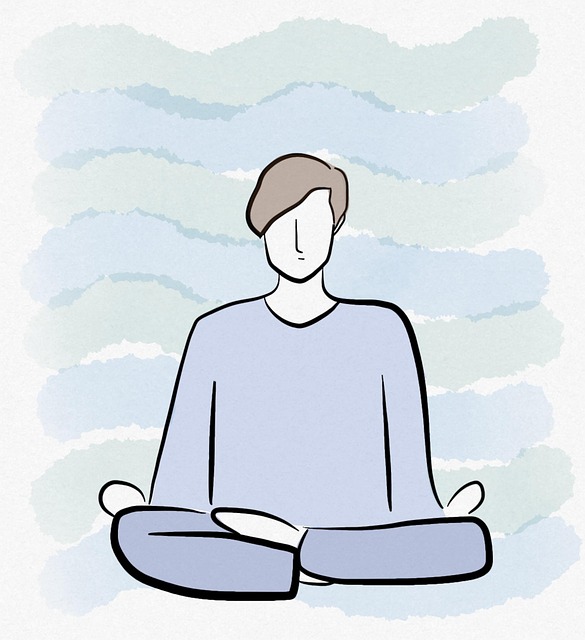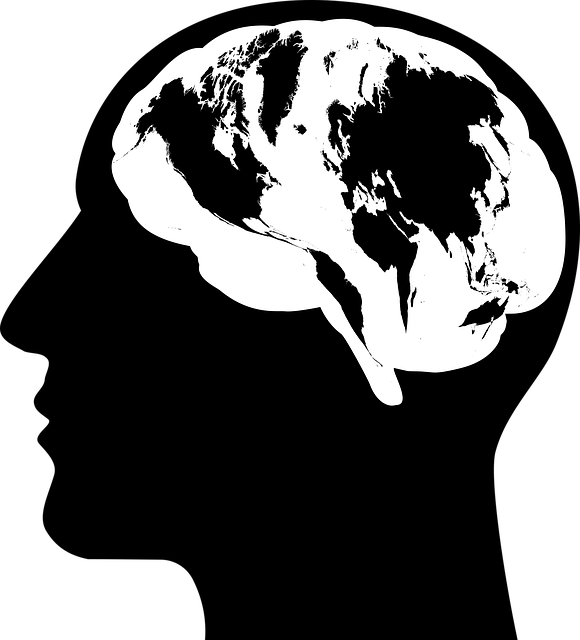Elderly Oppositional Defiance Disorder (ODD) is a hidden mental health crisis affecting social lives, daily activities, and wellness of seniors. Digital therapy apps offer accessible, convenient, and private solutions tailored to the unique needs and digital literacy levels of older adults with ODD. Effective marketing strategies for these apps involve community outreach, targeted advertising on social media, content marketing, user testimonials, and partnerships with mental health professionals to increase awareness and credibility. By addressing ODD through innovative technology, we can enhance mental health outcomes and improve quality of life for seniors.
In today’s digital era, the need for accessible mental wellness solutions is more acute than ever, especially among seniors. With an increasing prevalence of Oppositional Defiance Disorder (ODD) in elderly individuals, there’s a pressing requirement for innovative approaches to therapy. This article explores a strategic marketing approach for mental wellness apps, focusing on ODD. We delve into the unique considerations when targeting the elderly market, app positioning as a therapy solution, and effective channels to reach this demographic, addressing a growing concern with compelling digital solutions for ODD.
- Understanding Elderly Oppositional Defiance Disorder (ODD): Symptoms and Impact
- The Rising Need for Digital Mental Health Solutions for Seniors
- Targeting the Elderly Market: Unique Marketing Considerations
- App Positioning and Value Proposition: Therapy for ODD
- Effective Marketing Channels and Strategies for Mental Wellness Apps
Understanding Elderly Oppositional Defiance Disorder (ODD): Symptoms and Impact

Elderly Oppositional Defiance Disorder (ODD) is a complex mental health condition that often goes undiagnosed in older adults. Recognizing its symptoms is crucial for effective therapy. Common indicators include frequent arguments with caregivers, active defiance of requests or rules, and an angry, irritable mood. These behaviors significantly impact the elderly individual’s life, affecting their relationships, daily functioning, and overall mental wellness.
The disorder can lead to social isolation, impaired quality of life, and increased risk of depression and anxiety. A comprehensive Mental Health Policy Analysis and Advocacy approach is essential to raise awareness among healthcare providers and caregivers. By understanding ODD, it becomes possible to initiate appropriate emotional healing processes, ensuring better management and improved mental health outcomes for the elderly population. Effective therapy can help them develop coping strategies and enhance their overall well-being.
The Rising Need for Digital Mental Health Solutions for Seniors

In today’s digital era, the demand for accessible and convenient mental health solutions is higher than ever, particularly among seniors. Traditional therapy methods may not always cater to the unique needs of an aging population, leading to a growing need for innovative, digital-first approaches. Oppositional defiance disorder (ODD) is one of many mental health challenges commonly faced by elders that can be effectively addressed through modern technology. Apps designed for mental wellness offer a discrete and flexible way to provide therapy, allowing seniors the privacy and comfort they require while accessing professional support on their own terms.
The rise in burnout among mental health professionals further highlights the importance of digital solutions. Burnout prevention strategies, such as those offered through well-designed apps, can help manage stress, enhance self-care, and improve overall resilience. Additionally, these tools can facilitate better risk management planning by providing accessible resources for coping mechanisms and crisis intervention. Empathy building strategies integrated into mental wellness apps can also foster deeper connections between seniors and their caregivers, ensuring a holistic approach to addressing mental health concerns in this demographic.
Targeting the Elderly Market: Unique Marketing Considerations

Targeting the elderly market requires a nuanced marketing strategy that acknowledges the unique challenges and needs of this demographic. With an increasing focus on mental wellness, many older adults are seeking accessible solutions for improving their emotional well-being, especially those dealing with conditions like Oppositional Defiance Disorder (ODD). Marketing apps that offer therapy or support for ODD must consider the digital literacy levels and preferences of the elderly, tailoring messaging to be clear, concise, and easy to navigate.
Emotional Intelligence and Self-Care Routine Development for Better Mental Health are key areas to highlight. Apps can provide simple yet effective tools for stress management, anxiety relief, and building healthy coping mechanisms, which are essential in maintaining mental wellness. By addressing these aspects specifically tailored to the elderly market, marketing strategies can effectively engage this audience and promote the benefits of therapy and self-care practices in managing ODD symptoms.
App Positioning and Value Proposition: Therapy for ODD

In today’s digital age, mental wellness apps offer a promising avenue for addressing specific challenges like Elders Oppositional Defiance Disorder (ODD). By positioning the app as an innovative therapy solution, we can attract users seeking alternative approaches to managing ODD symptoms. The value proposition here is clear: our app provides accessible and personalized tools tailored to enhance traditional therapeutic methods, empowering users with self-care practices and empathy building strategies.
Community outreach program implementation plays a crucial role in this strategy. By collaborating with healthcare professionals and community centers, we can ensure the app’s effectiveness while raising awareness about ODD and the benefits of digital therapy. This multi-faceted approach not only reaches a wider audience but also fosters trust and engagement, making our app a go-to resource for those navigating the complexities of ODD.
Effective Marketing Channels and Strategies for Mental Wellness Apps

Marketing a mental wellness app requires a multi-faceted approach to reach and engage users who are often seeking discreet, accessible support. Social media platforms like Instagram and Facebook offer powerful tools for targeted advertising, allowing campaigns to be directed towards specific demographics including older adults with Oppositional Defiance Disorder (ODD). Content marketing, such as blog posts or video series, can provide valuable insights into managing mental health while appealing to a broad audience interested in self-care practices.
Incorporating user testimonials and case studies showcasing the app’s effectiveness in anxiety relief is a compelling strategy. Building a sense of community through online forums or social media groups fosters engagement and encourages users to share their experiences, creating a supportive environment. Additionally, considering collaborations with mental health professionals or organizations specializing in ODD can enhance credibility and expand reach through their established networks, ultimately driving downloads and user retention.
In light of the growing recognition of Elderly Oppositional Defiance Disorder (ODD) and the digital health revolution, there’s a compelling opportunity to improve mental wellness among seniors through innovative app-based solutions. By understanding the unique marketing considerations of this demographic and positioning therapy for ODD as a convenient, accessible resource, mental wellness apps can effectively reach and support elderly individuals in need. Leveraging strategic marketing channels, such as targeted online advertising and partnerships with senior care organizations, ensures that these apps gain visibility and credibility within the elderly market. Ultimately, embracing digital solutions for mental health allows us to foster better care, enhance quality of life, and provide much-needed therapy for elders suffering from ODD.
